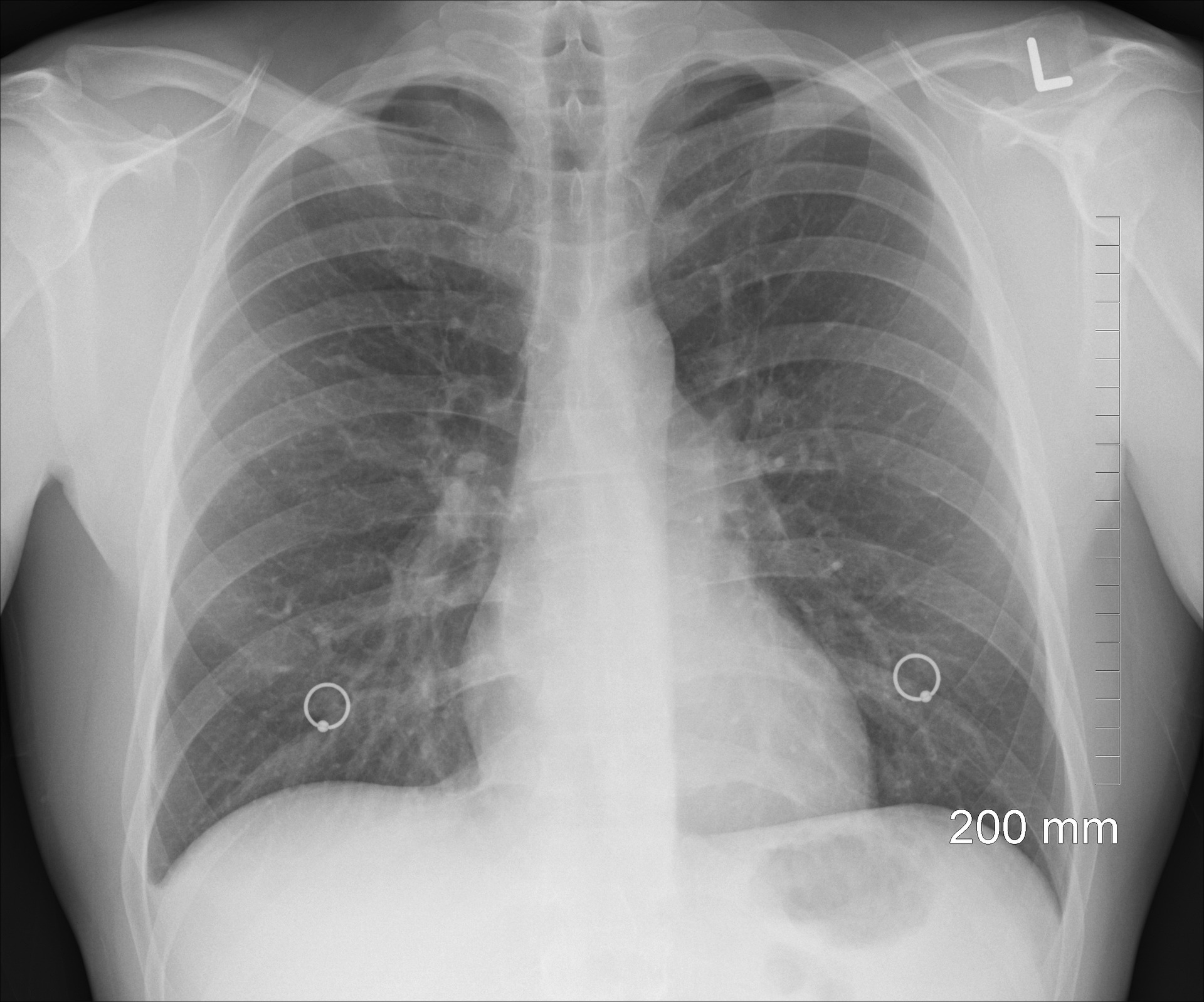Combination Cholesterol Therapy Revealed!”
Table of Contents
ToggleHow Combination Cholesterol Therapy Can Save Lives
Learn how combination cholesterol therapy can significantly reduce the risk of death for individuals who have experienced heart attacks or unstable angina. Discover why this proactive approach to cholesterol management is crucial for cardiovascular health.

Have you ever wondered how people who have had heart attacks can improve their chances of survival and prevent further heart problems? It turns out that a simple combination of cholesterol-lowering medications could be the key to saving thousands of lives.
In a recent study, researchers found that combining two types of cholesterol-lowering drugs—statins and ezetimibe—could drastically reduce the risk of death for individuals who have experienced acute coronary syndrome (ACS), which includes heart attacks and unstable angina. This approach, known as combination cholesterol therapy, has shown promising results in improving patient outcomes and preventing cardiovascular complications.
Let’s break down the key findings of this study and understand why combination cholesterol therapy is becoming a game-changer in cardiovascular health.
Understanding Combination Cholesterol Therapy
Combination cholesterol therapy involves the use of two medications: statins and ezetimibe. Statins are commonly prescribed drugs that help lower cholesterol levels in the blood by inhibiting the production of cholesterol in the liver. On the other hand, ezetimibe works by blocking the absorption of cholesterol from the diet, further reducing cholesterol levels in the bloodstream.
 The Impact of Combination Therapy
The Impact of Combination Therapy
The study revealed that individuals who were treated with both a high-dose statin and ezetimibe immediately after experiencing ACS were 47% less likely to die within three years compared to those who received only a high-dose statin. This significant reduction in mortality rates highlights the effectiveness of combination cholesterol therapy in improving patient outcomes and preventing further heart problems.
Importance of Prompt Treatment
One of the key takeaways from the study is the importance of initiating cholesterol-lowering treatment promptly after an ACS event. By starting combination therapy early, healthcare providers can significantly reduce the risk of death and enhance the overall prognosis for individuals who have suffered heart attacks or unstable angina.
Accessibility of Cholesterol-Lowering Medications
Both statins and ezetimibe are widely available medications that have been proven to effectively lower cholesterol levels. By combining these two drugs, healthcare providers can achieve a more comprehensive approach to cholesterol management, ultimately reducing the risk of cardiovascular events and improving patient quality of life.
The Significance of Cholesterol Management
Therefore, managing cholesterol levels is crucial for maintaining cardiovascular health and reducing the likelihood of life-threatening complications.
 Implementing Combination Therapy
Implementing Combination Therapy
The findings of the study suggest that implementing combination cholesterol therapy as part of standard treatment guidelines could potentially save thousands of lives each year. By offering this proactive approach to cholesterol management, healthcare providers can empower individuals at risk of ACS to take control of their health and reduce their risk of future cardiovascular events.
Conclusion
Combination cholesterol therapy represents a groundbreaking approach to cardiovascular health, offering a simple yet effective way to reduce the risk of death for individuals who have experienced heart attacks or unstable angina. By combining statins and ezetimibe, healthcare providers can significantly improve patient outcomes and prevent further heart problems.
In conclusion, the evidence supporting combination cholesterol therapy underscores the importance of proactive cholesterol management in reducing mortality rates and enhancing the overall prognosis for individuals with cardiovascular disease. Embracing this innovative approach to treatment could pave the way for a healthier future for millions of people worldwide.



